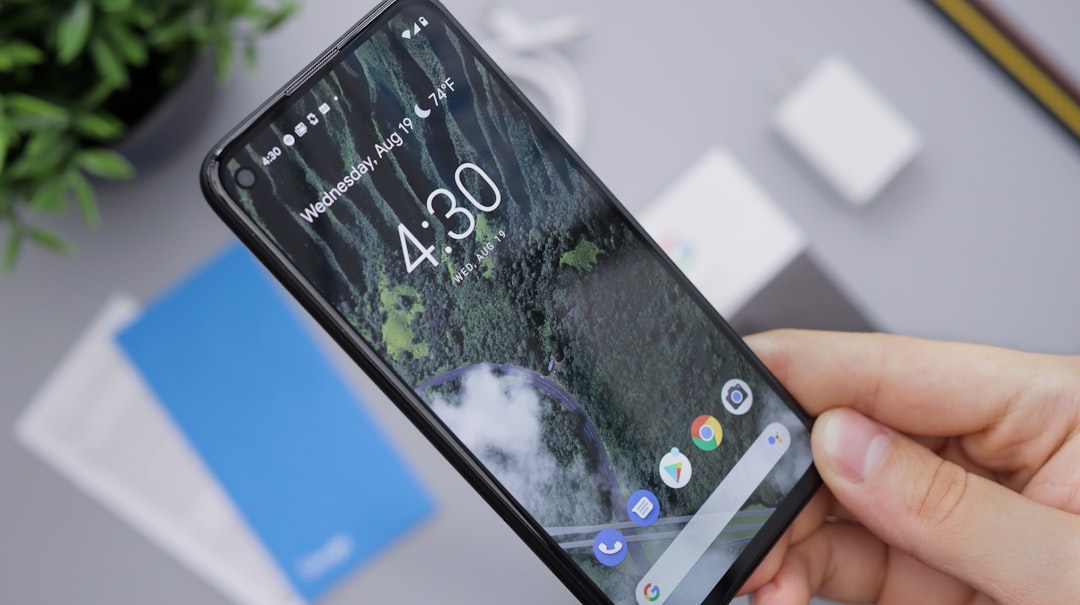In Alabama, robocalls are restricted by the Telephone Consumer Protection Act (TCPA), which requires consent for marketing calls. Unwanted or excessive robocalls can lead to legal action and potential damages of up to $500 per violation. Blocking apps may reduce calls, but persistent or illegal robocalls warrant consulting a telecom law specialist for compensation under Can I Sue For Robocalls Alabama regulations.
In today’s digital age, mobile phones have become a constant companion, but along with convenience comes the persistent problem of robocalls. Understanding your rights against these automated, often unwanted, calls is crucial. This article guides you through the legal landscape of robocalls, empowering you to identify and protect yourself from malicious calls. We explore your options, including suing for robocalls in Alabama, and offer practical steps to block future intrusions.
What Are Robocalls and Are They Legal?

Robocalls, or automated phone calls, have become a ubiquitous and often annoying part of modern life. These pre-recorded messages are used for various purposes, from marketing and fundraising to debt collection and government notifications. While they may be convenient for businesses, many consumers find them intrusive, especially when unsolicited.
In terms of legality, robocalls are not inherently illegal in the United States, including Alabama. The Telephone Consumer Protection Act (TCPA) provides some protections for consumers by restricting certain types of automated calls and requiring prior consent for marketing purposes. However, businesses can still make robocalls for non-marketing activities, such as debt collection or government notifications, without explicit permission. Despite legal allowances, excessive or inappropriate robocalls can lead to legal action, with affected individuals potentially having the right to sue for damages under the TCPA, including in Alabama.
Identifying Unwanted Calls: Your Rights

If you’re receiving unwanted robocalls on your mobile device, it’s important to know that there are laws in place to protect you. In Alabama, the Telephone Consumer Protection Act (TCPA) prohibits automated or prerecorded calls from being made to any telephone number assigned to a cellular telephone service without the prior express consent of the called party. This means that if you haven’t given permission for your number to be used in a robocall campaign, you have rights.
If you believe you’ve been victimized by unwanted robocalls, you may consider taking legal action. The TCPA allows individuals to sue for damages, including actual monetary losses or up to $500 per violation if the caller didn’t obtain proper consent. If a pattern of harassing calls is established, the court can award treble damages, significantly increasing the potential compensation. In Alabama, understanding your rights against robocalls is an essential step in protecting yourself from intrusive and illegal phone marketing practices.
Taking Action: How to Sue for Robocalls

If you’ve been a victim of persistent or illegal robocalls in Alabama, know that there are legal actions you can take. The first step is to gather evidence; save any call records, messages, or screenshots as these can be crucial in proving your case. Next, identify the caller—you can use online tools or contact consumer protection agencies for assistance. Once you’ve determined who’s behind the calls, consider consulting a lawyer specializing in telecommunications law. They can guide you on whether you have a strong case and help you navigate the legal process.
In Alabama, there are laws in place to protect consumers from unwanted robocalls, such as the Telephone Consumer Protection Act (TCPA). If your rights have been violated, you may be entitled to damages, including monetary compensation for each unauthorized call. Don’t hesitate to take action; with the right legal support, you can hold robocallers accountable and stop these unwanted intrusions into your personal space.
Protecting Yourself: Blocking Future Calls in Alabama

In Alabama, like many other states, there are laws in place to protect residents from unwanted robocalls. While preventing these automated calls entirely can be challenging, there are steps you can take to limit their impact and protect yourself. One effective method is utilizing call-blocking applications or tools provided by your mobile carrier. These services learn to identify and block specific patterns associated with robocalls, significantly reducing the number of intrusive calls you receive.
If a robocall persists despite these measures and you believe it violates Alabama’s telephone consumer protection laws, you may consider legal action. Consulting with an attorney specializing in telecommunications law can help determine if you have a valid case, including the potential for financial compensation, especially if the calls are deemed fraudulent or illegal under Can I Sue For Robocalls Alabama regulations.






